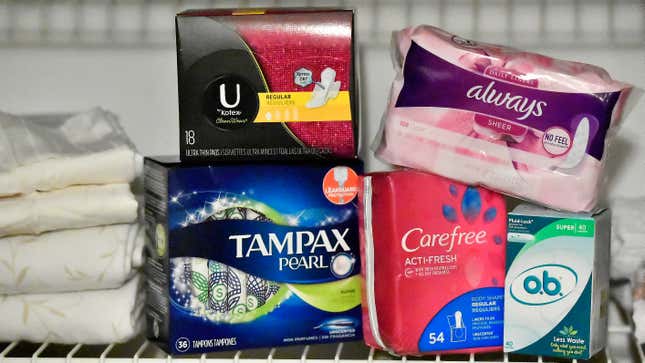The Age of 'Menstrual Surveillance' Is Upon Us
Latest

What kind of things do you want your boss to know about you? Incredibly intimate details about your fertility cycle and whether or not your pregnancy is considered high-risk, maybe? Well, I have good news. The Washington Post reports that pregnancy-tracking app Ovia “has become a powerful monitoring tool for employers and health insurers, which under the banner of corporate wellness have aggressively pushed to gather more data about their workers’ lives than ever before.” Creepy.
While employers don’t have access to your individual data, they can pay Ovia Health for aggregated data stripped of personally identifying information that goes straight to their human resources department.
-

-

-

-

-

-

-

-

-

-

-

-

-

-

-

-

-

-

-

-

-

-

-

-

-

-

-

-

-

-

-

-

-

-

-

-

-

-

-

-








































